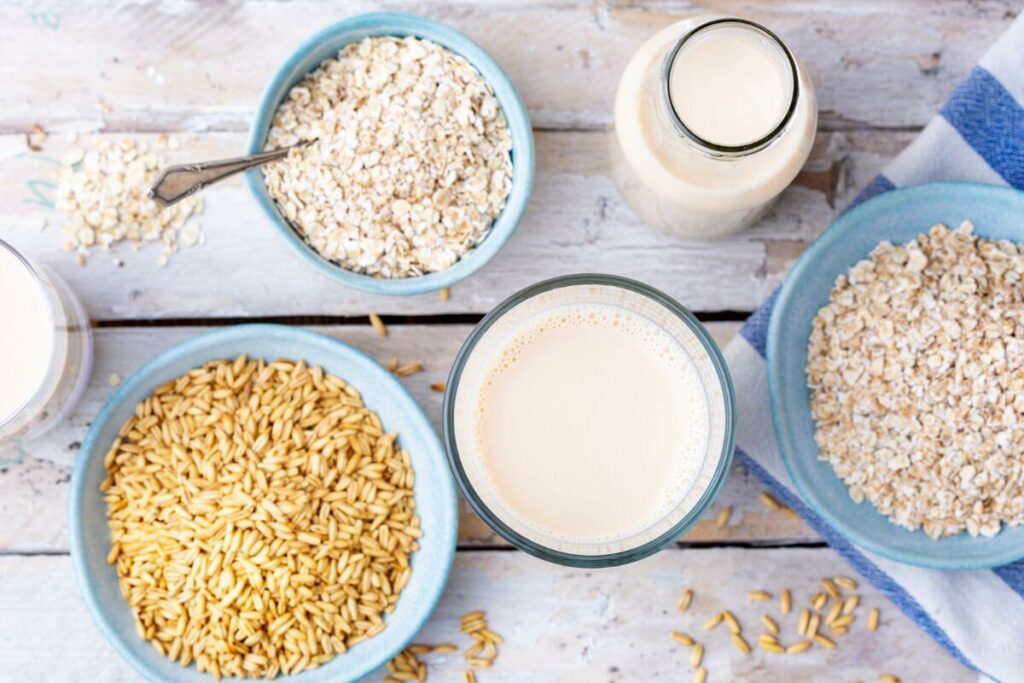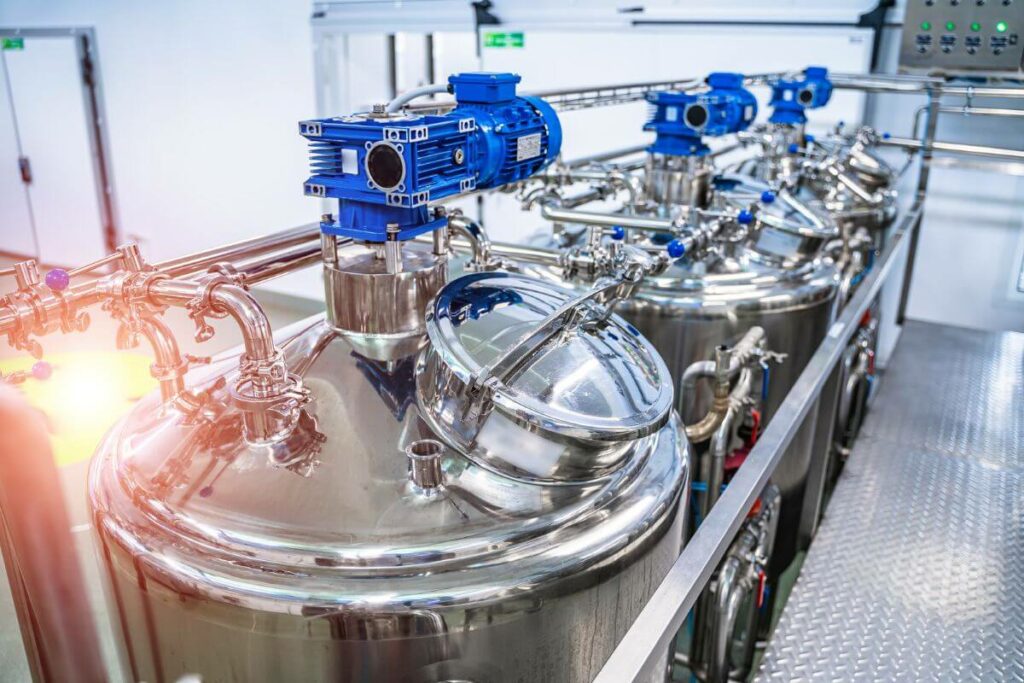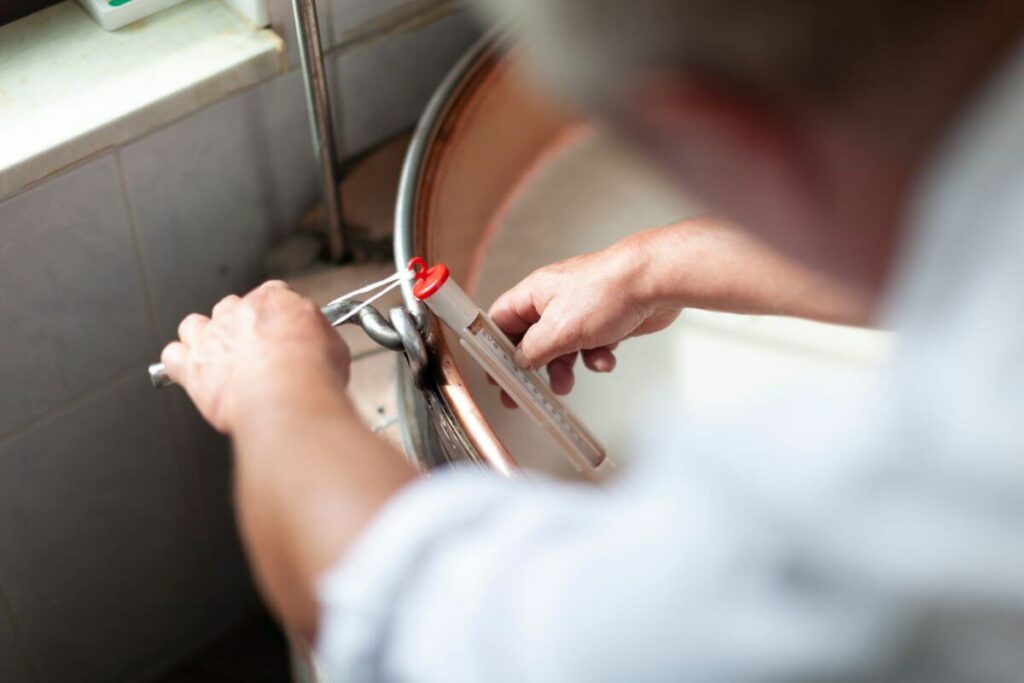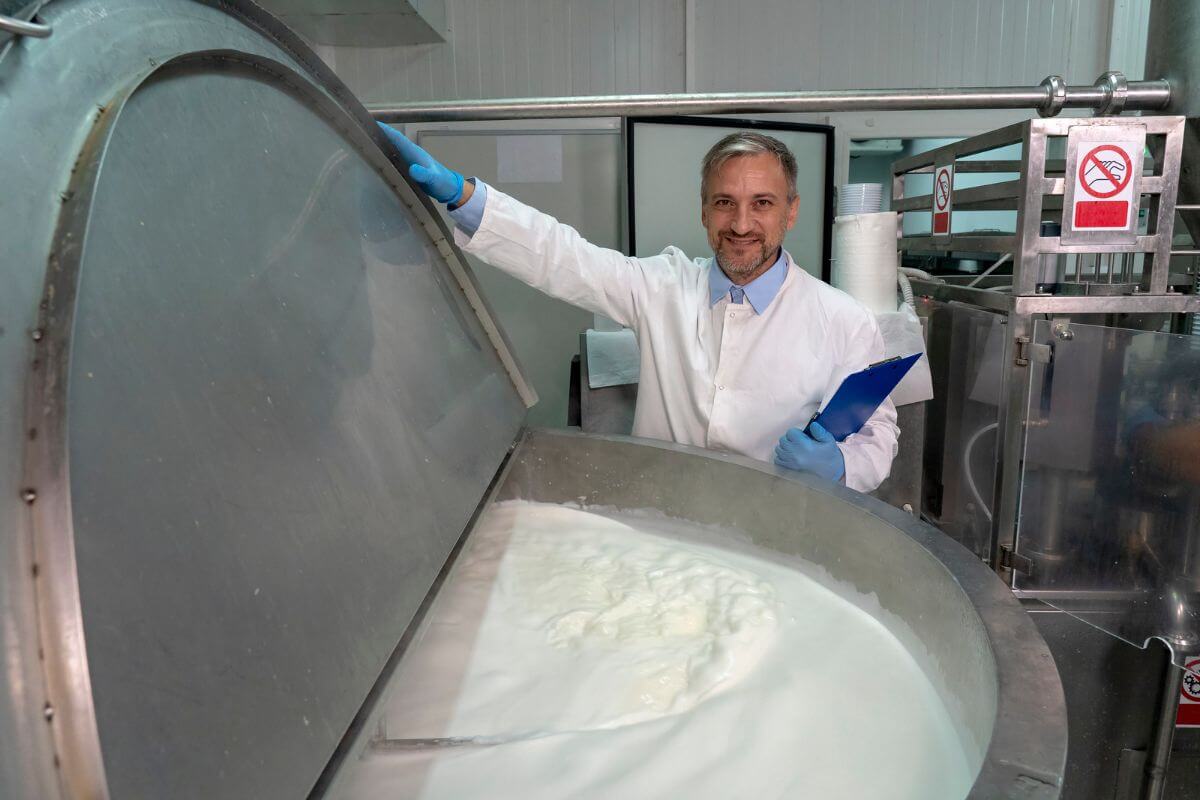So, you’re enjoying your bowl of cereal with a splash of your favorite oat milk, and a thought pops into your head, “Does this oat milk need to be pasteurized like regular milk?” Good question! It’s time to put on our detective hats and discover the answer.
Before we do, let’s make sure we all understand what pasteurization is. It’s like a superpower for making our food safe. It’s named after a brilliant guy named Louis Pasteur from way back in the 19th century.
Basically, pasteurization is a special process that heats food and drinks to a specific temperature and then cools them super quickly. This helps to get rid of bad bacteria, viruses, and other harmful stuff that might make us sick. Plus, it helps our food and drinks last longer before they go bad.
Now, let’s get into the world of oat milk. How is it made? It’s pretty simple, actually. You take some oats, mix them with water, and then blend it all up. After that, you strain it to get rid of the solid bits, and voila! You’ve got oat milk. But should this oat milk be pasteurized?
Let’s dig in and find out!

Oat Milk Pasteurization: Yay or Nay?
In the world of supermarkets and big food companies, the answer is yes! Commercial oat milk – the kind you buy in the store – is pasteurized.
Yes, commercially produced oat milk is typically pasteurized to eliminate any harmful bacteria and to extend its shelf life. However, if you’re making oat milk at home for quick consumption, pasteurization may not be necessary.
Why? Well, oat milk contains a lot of water, which is like a VIP party for bacteria. Pasteurizing it makes sure any bacteria that snuck in get booted out before they can cause trouble. Plus, it means the oat milk can hang out longer on the shelf or in your fridge before going bad.
Also, many companies add extra goodies to their oat milk, like vitamins, sweeteners, and stuff to make it more stable (so it doesn’t separate into different layers).
Pasteurization helps to mix everything together nicely and keep it that way.
But what if you’re making oat milk at home for a quick drink?
Well, then you don’t really need to pasteurize it.
Why? Because homemade oat milk is usually slurped up quickly and stored in the fridge, which keeps those pesky bacteria from growing too fast. But remember homemade oat milk won’t last as long as the stuff you buy at the store.
The Downside of Unpasteurized Oat Milk
You might be thinking, “Well, if I make oat milk at home and skip the pasteurization process, is it still okay to drink?” Usually, yes, but there are some risks to be aware of.
If you drink unpasteurized oat milk that isn’t fresh or properly stored, you could be exposed to harmful bacteria that can cause illness. Plus, unpasteurized oat milk doesn’t stay fresh as long as its pasteurized counterpart.
These could be the types of bacteria that can make you feel unwell, like giving you a stomach ache, diarrhea, or even food poisoning in severe cases.
Plus, the milk might not taste as good or as fresh as it should.
Remember, the water in oat milk is a favorite hangout spot for bacteria. So if the oat milk is not stored correctly, such as being left out of the refrigerator for too long, bacteria could multiply quickly. It’s like throwing a party for bacteria, and trust us, that’s a party you don’t want to attend!
Also, without pasteurization, homemade oat milk won’t last as long as the store-bought variety.
Typically, homemade oat milk should be consumed within 4-5 days, while you should always follow the use-by date for commercial oat milk.
So, if you’re making oat milk at home and plan to drink it quickly and store it in the fridge, you should be good. But if you’re looking for a longer-lasting option or you’re not sure you can keep your homemade oat milk stored properly, going for pasteurized, store-bought oat milk might be a safer bet.

Milk Pasteurization: Oat Milk vs. Almond Milk vs. Soy Milk vs. Dairy Milk
Now, let’s have some fun and compare oat milk with other favorites like almond milk, soy milk, and good ol’ dairy milk.
Almond Milk Pasteurization
Like oat milk, almond milk is made by blending almonds with water and then straining the mixture. After that, it’s pasteurized, too. Just like with oat milk, pasteurization helps kick out any bad bacteria and makes sure the almond milk stays good for longer.
Soy Milk Pasteurization
Soy milk is a bit different.
You make it by soaking, grinding, and boiling soybeans with water. The mixture is then strained, and you’ve got soy milk.
Because the soybeans are boiled, it’s like they’ve already had a mini-pasteurization process. Still, companies usually pasteurize it again to make extra sure it’s safe and lasts longer.
Dairy Milk Pasteurization
Now, let’s talk about the classic, dairy milk. Straight from the cow, this milk can contain some harmful bacteria, so pasteurization is really important. It works pretty much the same way as for the plant-based milks, but it’s usually heated to a slightly higher temperature.
Pasteurization is a common process in all types of milk, including oat, almond, soy, and dairy. While the specifics vary slightly, the principle remains the same – heating the milk to a certain temperature to kill harmful bacteria without significantly changing its taste or nutritional profile.

The Big Picture
Whether it’s oat, almond, soy, or dairy milk, the superhero process of pasteurization helps make sure our favorite milks are safe to drink and can be stored longer.
Each type of milk might need a slightly different approach, but the goal is the same: kill the bad stuff without changing the yummy taste and the good-for-us nutrients.
So, the next time you’re sipping on your favorite milk or milk alternative, you can smile knowing a little more about the journey it’s taken to reach your glass. It’s traveled through a super scientific process just so we can enjoy it.
Pretty cool, right?
Now, go forth and share your newfound milk wisdom with the world! Who knows, maybe you’ll be the one to inspire the next great milk detective. Happy drinking, everyone!
Recent Posts
The Yummy Drink That Could Help You "Go" As more and more people look for dairy-free drinks, oat milk is becoming super popular. It's not just tasty and eco-friendly; it might also help us have...

